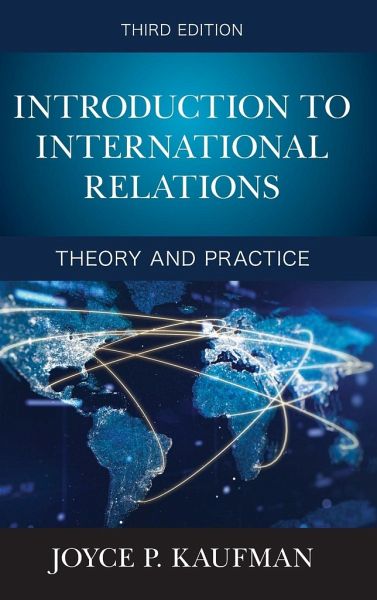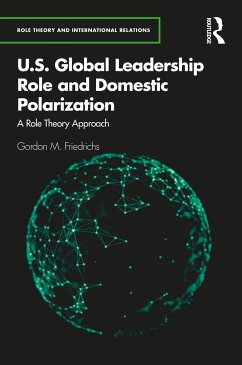
Introduction to International Relations
Theory and Practice
Versandkostenfrei!
Versandfertig in 1-2 Wochen
102,99 €
inkl. MwSt.
Weitere Ausgaben:

PAYBACK Punkte
51 °P sammeln!
This clear and concise text introduces four key theoretical frameworks that form the foundation of international relations and uses levels of analysis as the primary unifying force to explain contemporary global politics. Cases on climate change; gender, peace, and security; migration; and the rise of China illustrate Kaufman's approach.














